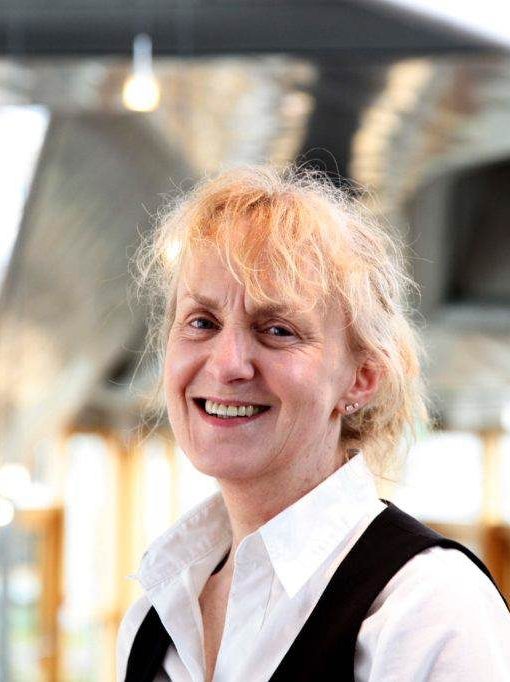
Making a Will in Scotland – advice – three practical things you may not know
QLAdmin
1. Will storage
We are frequently asked if we hold a Will or other papers on behalf of a named deceased person. This arises because it is not known whether a particular person made a Will or even if they did where it is stored. The best advice is to ensure that those who need to know are told about the Will and where it is to be found.
Most solicitors will offer to store your Will for you but there is no requirement to leave it with them after it has been signed by you. Solicitors generally use a secure storage facility which may not be in their office; that will ensure that the Will is not destroyed by, for example, a flood or accident.
Difficulties sometimes arise if a firm of solicitors closes or is taken over by another practice and the whereabouts of the original Will becomes unclear. The Law Society of Scotland should be able to assist if that is the case.
If you decide to hold the Will yourself you simply need to make sure that it is kept safe and dry and that it is accessible by your executors.
2. Who should be told that I have made a Will?
You should be supplied with a copy of the Will by the solicitor who drew it up. You can then make your family and executors aware of where they will be able to locate it after your death.
You will probably have discussed in advance with the persons you have chosen that you wish to appoint them as the executors of your Will. It is sensible to confirm to them when the Will has been signed, that they have been named as your executors and where the Will is stored. They do not need to know what your Will says but you can choose to let them know or to give them a copy if you wish. The executors will normally be required to lodge the original Will in the Sheriff Court when they apply for confirmation to your estate. The alternative is for the original Will to be registered in the Books of Council and Session when an extract will be submitted to the Sheriff Court instead.
If your executors and family members know where the Will is to be found it will save time and be less stressful for them after you have died. Importantly, should your Will contain details of the funeral arrangements you wish to have put in place, your executors will be able to act quickly and in accordance with your instructions.
3. Who is allowed to know what is in my Will?
Today it is rare for a Will reading to take place after someone has died. Generally, the executors will have a meeting with the solicitor who drew up the Will and may instruct that solicitor to assist with the administration. The executors may also be beneficiaries under the Will.
No one has any entitlement to know what is in a Will while the Will maker is still alive. After that person’s death, in strict terms only the executors are entitled to access the Will, along with any solicitor they choose to appoint to administer the estate.
Following a death there is no obligation for the executors to provide a copy of the Will to a beneficiary who requests one but they may reveal the extent of that beneficiary’s entitlement without giving away any details of other beneficiaries’ inheritance.
If the Will is registered in the Books of Council and Session with Registers of Scotland following the death, an extract copy is obtained. The Will becomes a public document and anyone who wishes to obtain a copy at that time can contact the Registers of Scotland and pay the relevant fee. In contrast to some other countries, Scotland has no national Will register and Wills are not generally registered during the person’s lifetime.
After confirmation has been granted by the Sheriff Court the grant of confirmation and Will are recorded in the court books, which are a public record. The grant includes an inventory of the estate assets. Again, at this stage anyone who wishes to obtain a copy of the Will and grant of confirmation can do so on payment of the relevant fee.
The deceased person’s husband, wife, civil partner and children may request a copy of the Will even if they are not named as beneficiaries. They are entitled to legal rights in the estate even if the Will leaves them out and therefore the executors would normally disclose the extent of any entitlement under the Will so that a comparison of the benefits may be made.
We provide advice to clients all over Scotland and stress the importance of making a Will. After reading this article, if you have any questions or would like to arrange an appointment to make a Will in Scotland or to inquire about the cost of making a Will in Scotland please get in touch with Kay Blaikie, specialist Wills lawyer, by calling us on 0131 564 1044 or by completing our contact form.

Kay Blaikie
Principal of the Firm
Get in touch with me when you need reliable legal advice on any aspect of Executries, Wills, Powers of Attorney and Notarial services.
Email: kay@quilllegal.co.uk
Telephone: 0131 564 1044